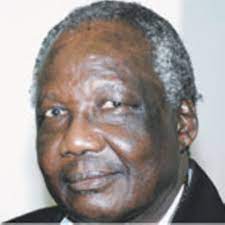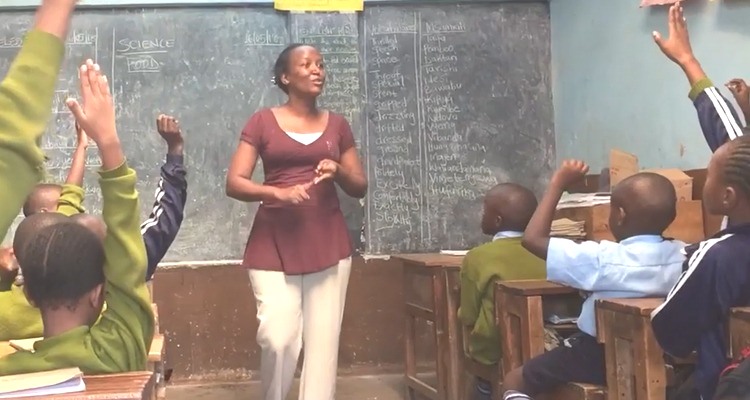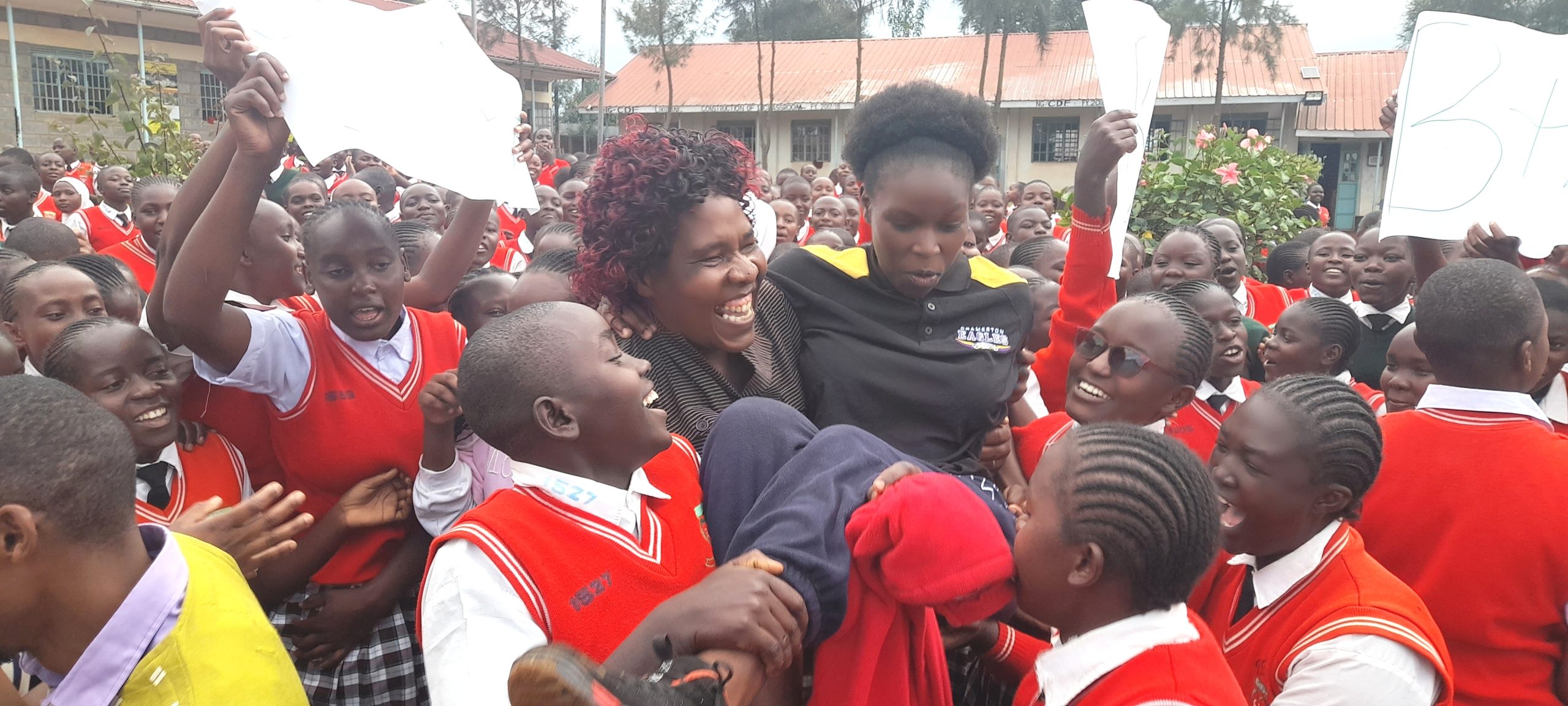Title: The 5th Columnist: A Legendary Journalist
Genre: Biography
Author: Liz Gitonga-Wanjohi
Reviewer: Victor Ochieng’
Publisher: Longhorn
Philip Ochieng’ was a self-made journalist. He was one of the living proofs of great journalists who learnt the ropes on-the-job. Dr. Joyce Nyairo, a cultural analyst submits in the foreword: Liz Gitonga-Wanjohi took an incredibly difficult task – putting into words the life of the foremost grammarian in the country, a wordsmith of remarkable diction and a legendary journalist.
Wangethi Mwangi, former Nation Media Group editorial director contends: Ochieng’ son of Otani enjoyed his life socially and intellectually; socially when he was younger, and more intellectually in his retirement. Those who went to school with him say Ochieng’ evinced excellence in English language right from his primary school days. For several decades, he has been teaching English grammar to the public through his well-woven newspaper columns. He described himself as a freelance grammar teacher.
Dr. Tom Odhiambo posits that the book is a colourful chronicle of a man of a different mettle whom many readers of Kenyan newspapers have known over several decades as a language doctor, philosopher, editor, social historian, and careful critic.
It is a carefully-crafted tale of a man of letters who indeed straddled the East African media landscape like a colossus. Tracing his background from his humble and simple peasantry upbringing at Awendo is southern Nyanza, the author brings to lucent light a precocious child with an early penchant for learning.
Ochieng’ joined Alliance High School (AHS) in 1955 at the height of Mau Mau rebellion, in which African guerilla fighters had taken up arms against British colonial rule.
Edward Carrey Francis was the headteacher. Ochieng’ reminisces how this great educationist instilled discipline in his students, and shaped them positively at that fledgling age. Every Friday he delivered pep talks to his students touching on a wide array of topics.
Tom Mboya and Philip Ochieng’ were close-knit friends. During school holidays, Ochieng’ spent some time at Mboya’s house in Ziwani, and later in Lavington.
Occasionally, the young trade unionist, Tom Mboya, paid his school fees, gave him pocket money, which was about five shillings. That was a lot of money in those distant days.
Ochieng’ was in the first lot of the 81 Kenyan students who left for America in 1959. He was among nearly 1,000 students from Africa who got scholarships to study in the American universities up to the mid-1960s.
Unfortunately, Ochieng’ never completed his undergraduate studies in the US. In fact, he never completed his studies. Yet, he was a towering intellectual – whose beautiful brilliance dwarfed those who had acquired several degrees. He was well-read and intellectually omnivorous. His range of knowledge extended from the most mundane topics to nuclear physics. He had intellectual knowledge on virtually any topic – from Greek Mythology to the Bible, from literary classics to oral tradition, astrophysics to ancient history.
When he ended his studies prematurely at the beginning of his third year of study at Roosevelt and returned to the country in 1961, it was Tom Mboya who rescued him from intellectual oblivion. Ochieng’ apprised Mboya, and his old good friend secured him a second scholarship to study in France. There was also close camaraderie between Ochieng’ and Obama Senior. While Ochieng’ went to Roosevelt University, Obama Senior went to University of Hawaii.
Ochieng’ was not trained to become a journalist. He had studied English language, Literature, as well as French. But due to unbridled ambition, he rose through the ranks in the newsroom. He first joined Nation in 1966 when Michael Chester was the news editor.
It was at the East African Journal that Ochieng’ perfected his sub-editing skills. It is also here that Ochieng’ interacted with literary greats like Okot p’Bitek. It was Ochieng’ who edited his celebrated poem Song of Lawino. Ochieng’ also edited Song of Okol, Song of Malaya and Potent Ash.
Together with literary giants like Taban Lo Liyong, they strategised on how to Africanise the Literature department at the University of Nairobi. T. Adhiambo writing in his doctoral thesis in 1968 pointed out that a group of university dons, among them Ngugi wa Thiong’o, Taban Lo Liyong, Owuor Anyumba and Okot p’Bitek of the University of Nairobi, clamoured for a transformation of the university’s English and Literature department. The lecturers agreed that there was a heartfelt need for an ‘African narrative’ to supplant the syllabus they perceived was too European in orientation. He authored I Accuse the Press and co-authored The Kenyatta Succession with Joseph Karimi.
In the whole scheme of things, Ochieng’ style of writing has been the subject of debate for a long duration of time. From his missives to the editor in the newspaper to blog posts, the complaint has been the same. That Ochieng’ uses language that is puzzling to decode. Which begs the question: Who was Ochieng’ really writing for?
Ochieng’ blamed readers for suffering mental block such that they are not able to digest his messages.
In 2004, President Mwai Kibaki awarded him the coveted Order of the Grand Warrior of Kenya award, OGW. Later, in January 2010, he was appointed to a task force that reviewed the current education system to align it with the new constitution. Therefore, in his sunset days, Ochieng’ led an extremely busy life. He still found time to write.
Due to his cache of experience for his many years of service in journalism, and his vast knowledge on virtually all areas of life, Ochieng’ was often picked to advise the government on various issues. When the Kenya Yearbook Editorial Board (KYEB) was formed in November 2008 as a state Corporation, Ochieng’ was one of the journalists on it.






